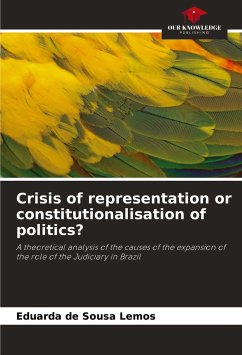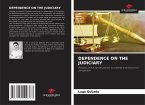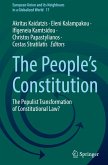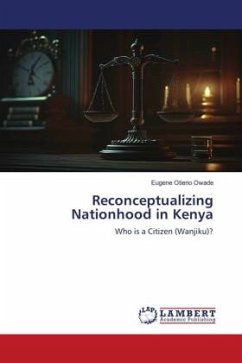The general aim of this research is to analyse the extent to which the crisis of political representation and the establishment of the constitutional state after the 1988 Constitution have contributed to a greater role for the Brazilian judiciary, to the detriment of the executive and legislative branches in political matters. It was observed that coalition presidentialism opens the door to fraudulent negotiations between the Executive and Legislative branches, thus contributing to an increase in demands on the Judiciary due to disbelief in political bodies, associated with corruption. On the other hand, the strengthening of the judiciary is also due to the provocation of politicians themselves in order to absolve themselves of their political responsibilities and hinder the actions of the government. Finally, it should be noted that the judiciary's actions in matters of strict politics should be viewed with caution, because legal solutions are proposed for problems in the legal sphere and problems in the political sphere should be resolved by political solutions. When legal solutions are proposed for political problems, there is a risk of only masking the resolution of the problem without actually solving it.
Bitte wählen Sie Ihr Anliegen aus.
Rechnungen
Retourenschein anfordern
Bestellstatus
Storno








